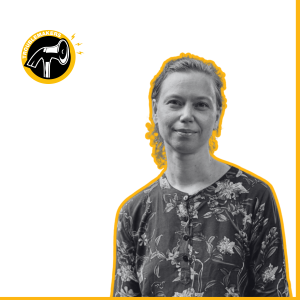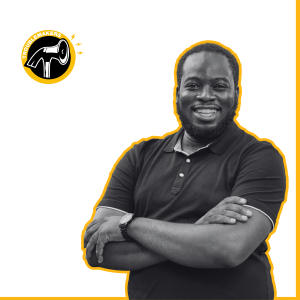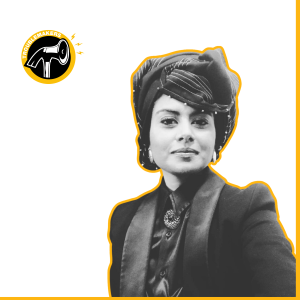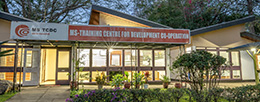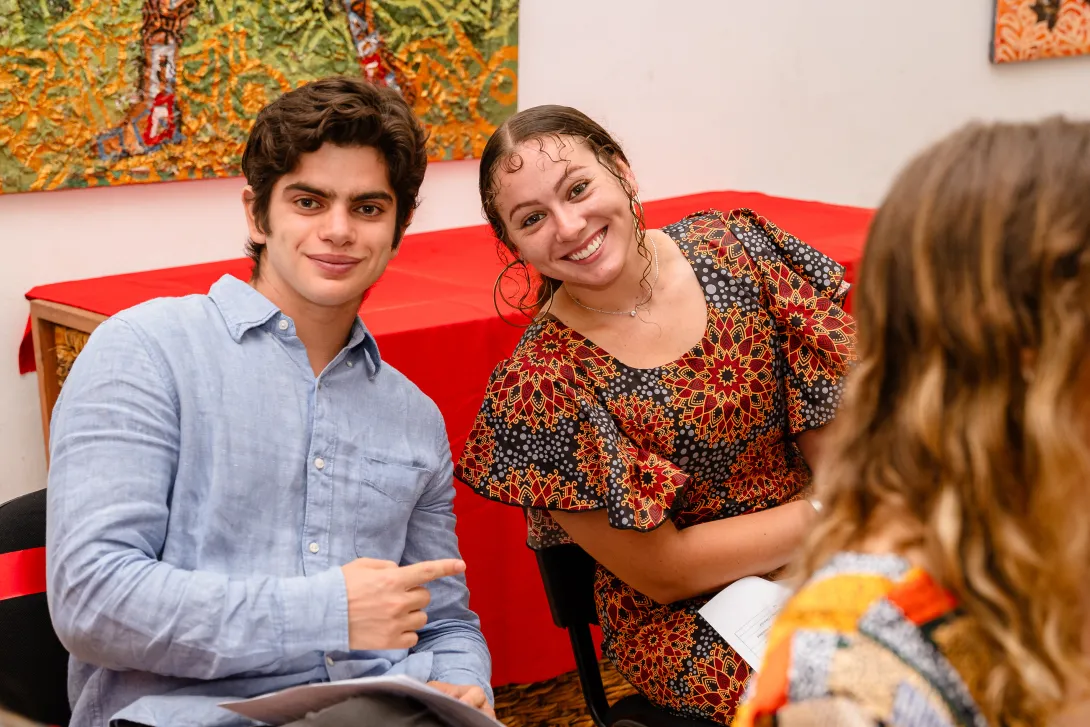
Swahili's Role in African Identity and Connection
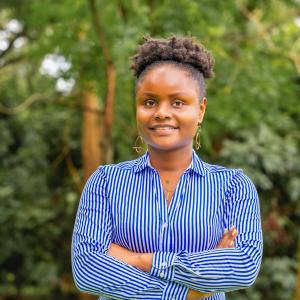
Learning Swahili is more than just picking a new language, its significance across different cultures goes beyond communication. To some, it is about reclaiming identity and connecting with ancestral roots, to others, the programme offers something equally powerful, the opportunity to see Africa not through headlines and statistics but through the shared values, community and everyday life.
At MS TCDC, we train Swahili Language and Culture not only as a language but a journey into identity, history and the future of African engagement with the world. Each year, we teach and host over 300 Swahili learners from across the globe.
Swahili is more than an East African language, it is a Pan-African connector. Spoken by millions across Africa and now recognised as an official language by both the African Union and the United Nations, Swahili is steadily gaining global dominance. Our recent cohort of students from the African Languages Initiative (AFLI), University of Florida, shares their experience of engaging with Swahili and its culture.
“Swahili is one of the most important languages in the whole of the African continent,It’s truly a transnational, trans-border language.” said Collins Billings, AFLI Student 2024 | University of Florida
What makes Swahili Programs unique is not just its linguistic depth, it is the experiential design that embeds students in the East African Culture.
This institution is uniquely placed in this community where it's close to local markets, local restaurants and within a community who is familiar with this institution and is eager to foster students' language learning progression" said Sarah Dale, Residence Coordinator.
Watch the video to hear about the experience of learning Swahili at MS TCDC.
Swahili language and culture contributes to Africa's power, enabling meaningful engagement with the continent's social fabrics, governance issues, development, trade and people. Each sentence learned, every conversation shared is an act to bridge cultures, building partnerships and rewriting narratives.
This multicultural exchange forms a deeper people-to-people exchange where Swahili is not just taught, it is lived.
Learn more about our work /learn-swahili




